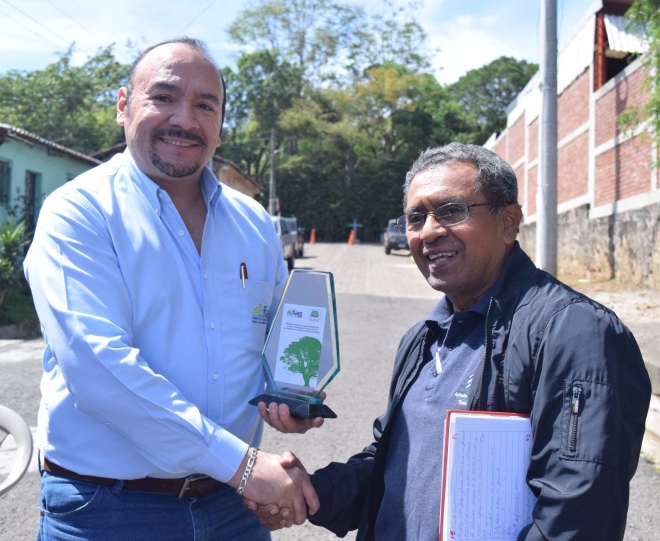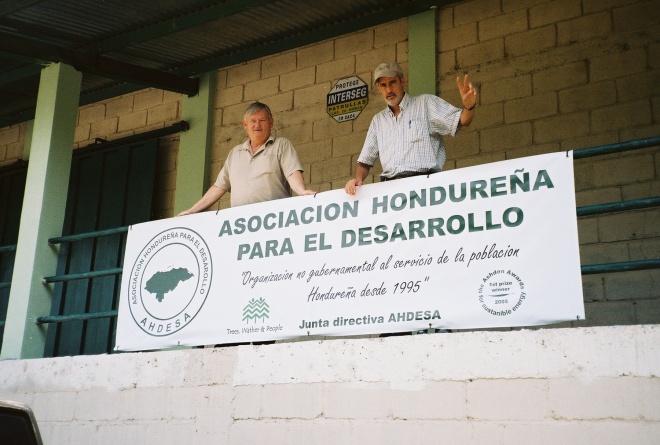
by José Chalit, Marketing & Communications Manager
It’s the feeling of being welcomed into a stranger’s house with a fresh, warm cup coffee while we ask about their newly installed ‘Justa’ Stove or their new organic garden. I’ve heard people talk about this experience since I joined TWP last summer – folks that have been on a trip with us via TWP Tours, our Board of Directors, my co-workers – they’ve all shared stories with me about the unique experience of visiting the communities that TWP works alongside in the field. After returning from 2 weeks visiting our projects in Guatemala, El Salvador, and Honduras, these stories I have been hearing materialized into real experiences that changed my opinion about how our work has potential to create real change, and why it works.
When I first began visiting our projects last summer, I felt lucky to be part of developing communications around our innovative and meaningful community development projects, but it was too early for me to truly understand the bigger picture of what it is that we do. After I visited Guatemala in August to meet with members of the community of La Trinidad who had been displaced (again) by the eruption of Volcán De Fuego, I began to understand the impact of TWP’s work on a slightly deeper level.
It became clear that TWP prioritizes the voices and experiences of smallholder farmers first, and that our ability to continue working internationally with success hinges upon how we develop these relationships. Nevertheless, I still felt like I was missing a broader perspective of our road map.

Over our recent two-week trip, I continuously reflected on whether or not the communities our work with local non-profit partners truly impacts their lives as compared to surrounding areas not yet reached. Needless to say, all throughout the Americas rural indigenous people are suffering from the environmental impacts of erratic changes in climate patterns. For example, the folks in the community of La Bendición in Guatemala have had to adapt away from centuries-old farming practices passed down from their ancestors because of a prolongated dry season that is limiting their typical harvest season. The Environmental and Natural Resource Ministry of El Salvador is in the process of implementing some of the first ever controlled burns in the country’s national conservation areas to prevent wildfires due to similar reasons. In both scenarios, our local non-profit partners have worked alongside these communities to implement programs and projects that address the immediate needs of local people while also creating long-term paths for people to have healthier livelihood opportunities.
Nevertheless, I came to understand that if any of these projects are to be successful, it is for two primary reasons:
- The knowledge and capacity held by those most deeply affected by the problems we are tackling positions them the best to champion the solutions to the challenges they face on a daily basis.
- We know that the most significant global polluters and extractors aren’t doing nearly enough to combat the fallout of their operations, so the folks (rural indigenous, more often than not) most impacted by the effects of environmental degradation are the ones worth investing our time, energy, and resources.
Whether it is through protected area land management in the highlands El Salvador or the clean cookstove implementation program led by indigenous women in La Bendición, the choice TWP makes to invest in the ideas of the most marginalized became even more evident to me.
It’s that feeling of being so readily and enthusiastically welcomed into a community by strangers who might not even speak your same language. It’s the palpable aura of hope, empowerment and self-esteem that prevails in a community that believes in itself and its ability to overcome challenges brought on by unexpected climate catastrophes. It’s beyond the results of what any study, number, or statistic can tell us, but something that is only felt by a close encounter with a community that is confident in their potential to thrive beyond even their own expectations. This is what it feels like to visit a community where TWP is working alongside, and we can’t emphasize enough how lucky we are to be doing this work that would be impossible without your support.






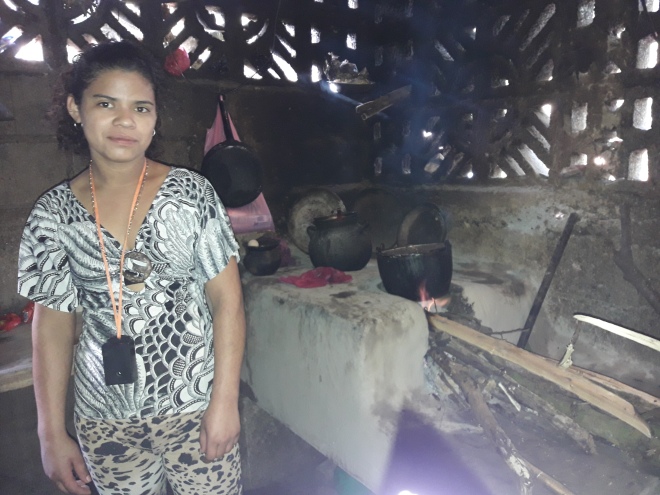



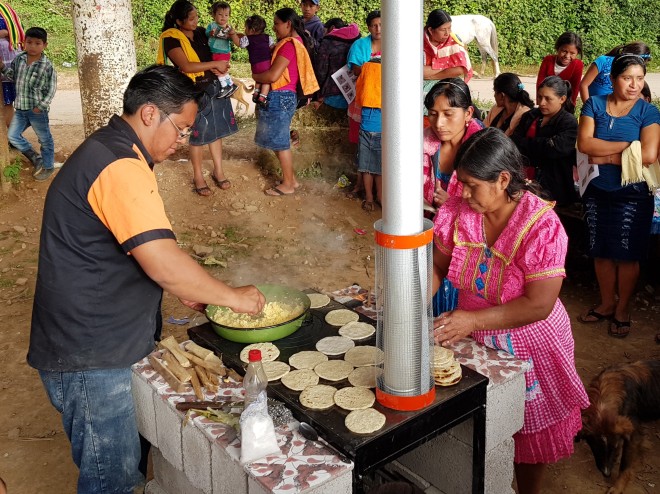



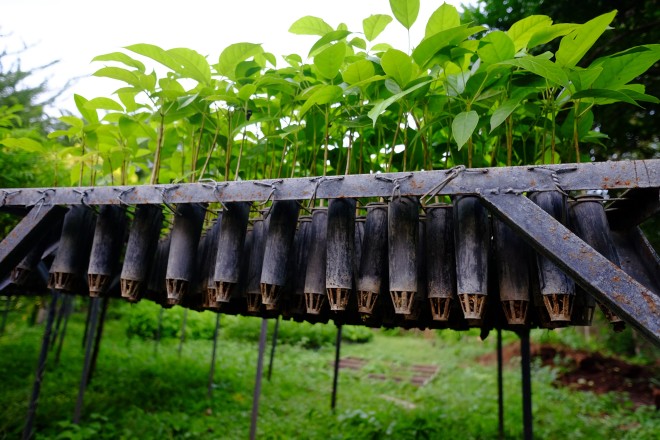
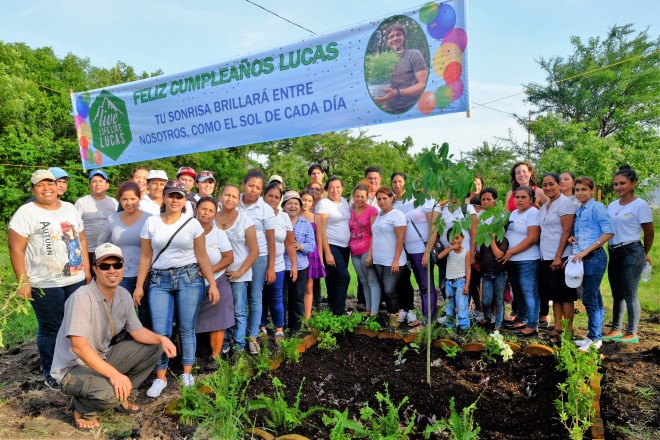

 I come to Trees, Water & People as an East coast transplant, having spent a majority of my life living in Virginia and all over New England. After living on Cape Cod for the past 12 years, my husband and I were ready for a bigger town, more opportunities, and better winters! After extensive research, we decided to relocate to Fort Collins and a few weeks ago packed up our two young boys, put our house on the market, and drove cross country (U-Haul and all!). So far, it has been one of the best decisions of my life.
I come to Trees, Water & People as an East coast transplant, having spent a majority of my life living in Virginia and all over New England. After living on Cape Cod for the past 12 years, my husband and I were ready for a bigger town, more opportunities, and better winters! After extensive research, we decided to relocate to Fort Collins and a few weeks ago packed up our two young boys, put our house on the market, and drove cross country (U-Haul and all!). So far, it has been one of the best decisions of my life.
